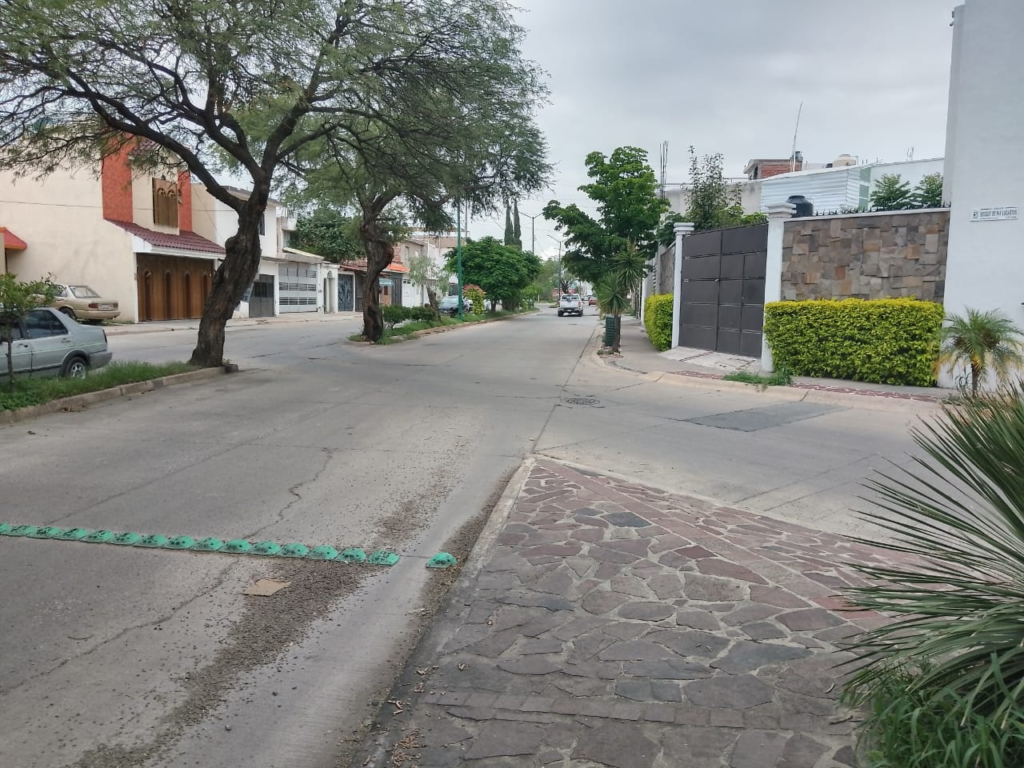City Know-hows

Target audience
For the attention of: Grass root organization promoting women’s rights in cities; Local and national policy stakeholders involved in the creation and enforcement of laws related to women’s rights in Latin America; International agencies oriented to women and child wellbeing (UN Women, UNICEF, Women’s Economic Imperative, PAHO, CEPAL)
The problem
Women’s economic and social development are beneficial not only for women but to society in general. Higher levels of women’s empowerment in society can benefit children independently from the maternal role of women. How levels of women’s empowerment in cities explain differences in infant mortality locally has not been deeply explored, particularly in Latin America.
What we did and why
We created two scores of women’s empowerment (women’s labour force participation and educational attainment among women) in 286 cities from Latin America and examined how these measures varied across Latin American cities and how their levels were related to levels of infant mortality in cities.
Our study’s contribution
We found that:
Impacts for city policy and practice
Fostering girl’s education and women’s social and economic participation through local intervention should be considered as part of the strategies oriented to reduce and prevent infant deaths.
Further information
Regional Conference on Women in Latin America and the Caribbean: The Regional Conference on Women in Latin America and the Caribbean is a subsidiary body of the Economic Commission for Latin America and the Caribbean (ECLAC) and is the main regional intergovernmental forum on women’s rights and gender equality within the United Nations system.
Gender Equality Observatory for Latin America and the Caribbean: The Division for Gender Affairs plays an active role in gender mainstreaming within regional development in Latin America and the Caribbean. It works in close collaboration with the national machineries for the advancement of women in the region, civil society, the women’s movement, feminist organizations and public policymakers, including national statistics institutes. A good source of data and reports.
Women’s Economic Imperative: WEI catalyzes and constructs initiatives that enhance women’s economic participation and human capital as foundations of economic growth and equitable, prosperous and peaceful communities. Focused on driving transformational initiatives to support concrete and sustainable progress for women as economic actors. Tweeting at @WEIForward.
Full research article:
Women’s empowerment and infant mortality in Latin America: evidence from 286 cities by Ana Ortigoza (@AnaOrtigoza14), Ariela Braverman, Philipp Hessel, Vanessa Di Cecco, Amélia Augusta Friche, Waleska Teixeira Caiaffa and Ana V. Diez Roux (@adiezroux).
Related posts

Urban environments in many cities, both those found in Mexico and many other countries, can be called obesogenic – they are prone to promote obesity. Relevant factors are that they foster sedentary behaviour, poor dietary choices, and elevated stress levels; thus contributing to higher obesity rates. Urban planning, design, and practices offer opportunities for upstream public health interventions to mitigate these negative health impacts. These findings are especially relevant given the role of neighbourhood environments in encouraging children’s physical activity and reducing obesity.

Residential segregation by socioeconomic status in Chilean cities is not well described by classical dimensions developed in USA in terms of race. We suggest that

The study investigates critical issues and strategies for the regeneration and valorisation of small historical villages through interviews with opinion leaders. The debate is strengthened by the analysis of scientific literature and concrete cases in Italy.